Managing cancer risk: How to tell misinformation from the truth
From meat to toilet paper, it seems like cancer risks are everywhere. Here’s how to sort the truth from fiction.
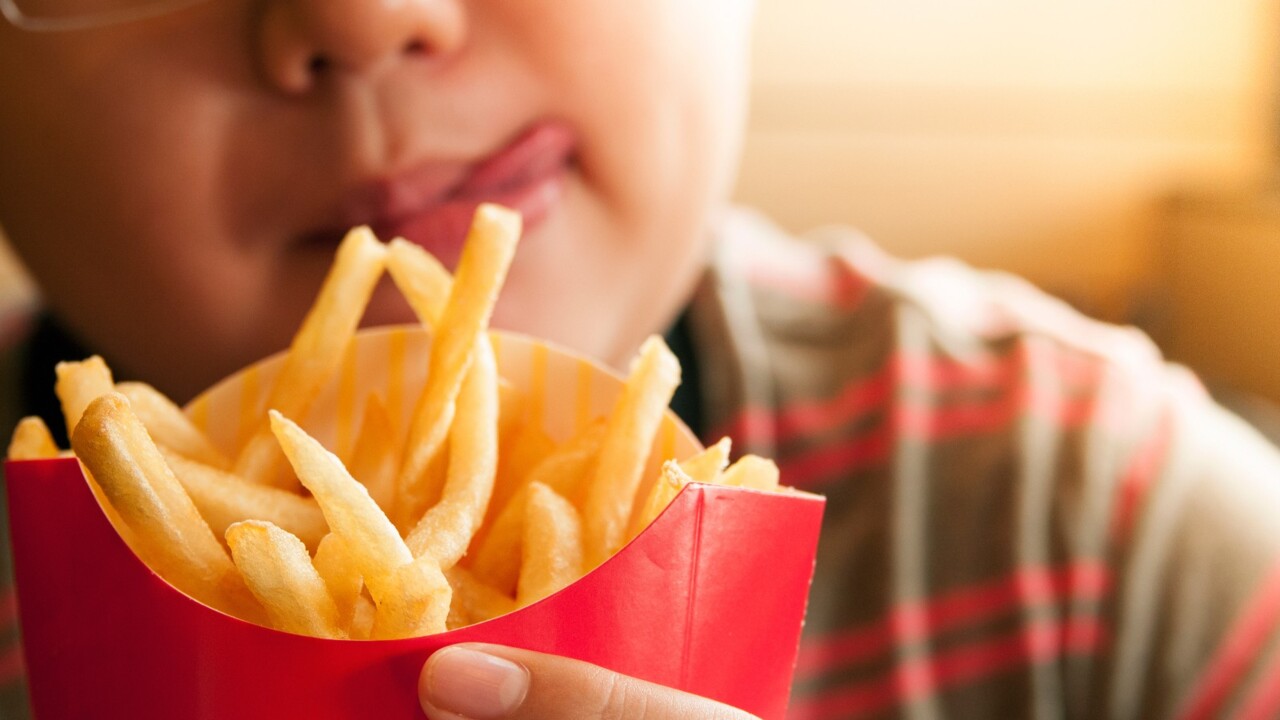
SmartDaily
Don't miss out on the headlines from SmartDaily. Followed categories will be added to My News.
The World Health Organisation told us in 2015 that processed meat was carcinogenic.
Then in 2021, the Therapeutic Goods Administration recalled multiple sunscreens due to low levels of benzene, another cancer-causing chemical.
The latest culprit is toilet paper, with the results of a University of Florida study in March (2023) discovering that it may contain deadly “forever chemicals” which are linked to increased cancer risk.
Cancer is a global health issue and a leading cause of death worldwide, accounting for nearly 10 million deaths in 2020.
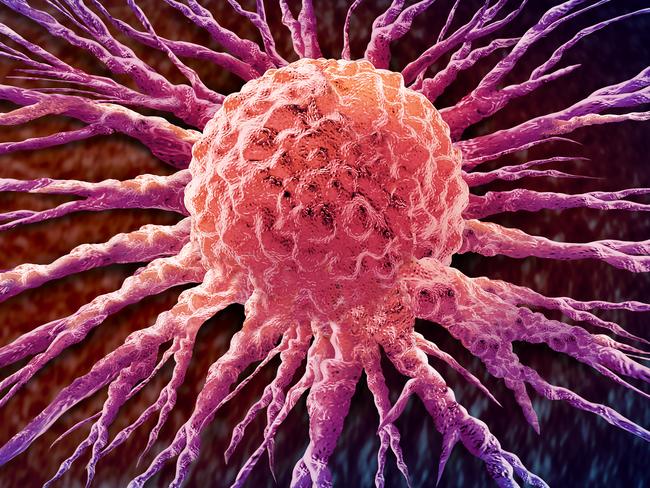
In Australia, one in two of us will be diagnosed with cancer by the age of 85, and it’s estimated that over one million Australians are currently living with, or beyond, the disease.
It’s not surprising, therefore, that sometimes it feels like everything around us causes cancer, but between the internet and social media, there’s plenty of misinformation on the subject.
“Post-pandemic we’ve seen digital platform use skyrocket and with that an increase in digital misinformation,” says Dr Catriona Davis-McCabe, President of the Australian Psychological Society.
“Social media, in particular, has provided fertile ground for conspiratorial messaging, helping give new platforms to activists and movements.”
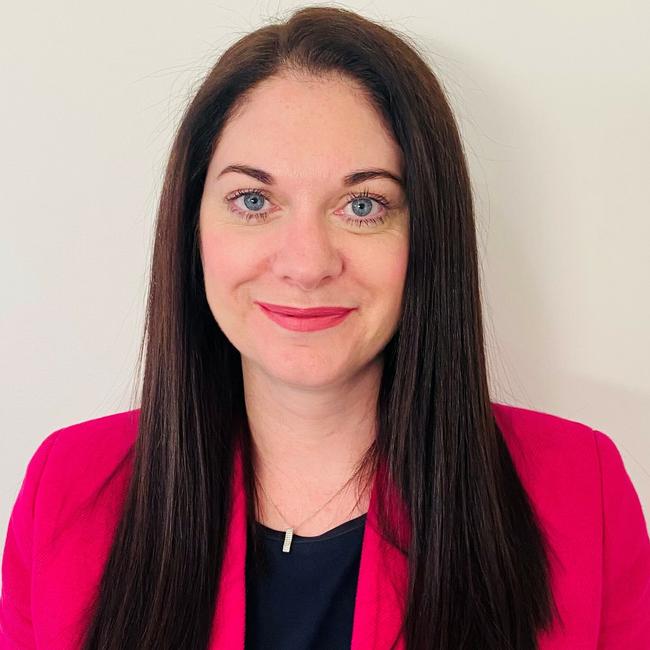
CONSPIRACY THEORIES
A study from Spain published in the British Medical Journal in December has confirmed suspicions that some people cannot differentiate between real and unproven causes of cancer. Researchers asked almost 1500 people about what causes cancer.
Respondents who were not vaccinated for Covid-19, preferred alternative medicine, or who believed in conspiracies, were less able to identify both real and mythical causes of cancer, and 45 per cent of all respondents agreed with the statement:
“It seems like everything causes cancer.”
“Belief in conspiracy theories can often be driven by fear,” says Davis-McCabe.
“People look for order and control in their life. Conspiracies theories can provide comfort when a person doesn’t understand something and fears it, ultimately providing a simple narrative to explain complex issues.”
When it comes to “real” causes of cancer, the Cancer Council’s director of cancer control policy, Megan Varlow, says we don’t know all the answers.
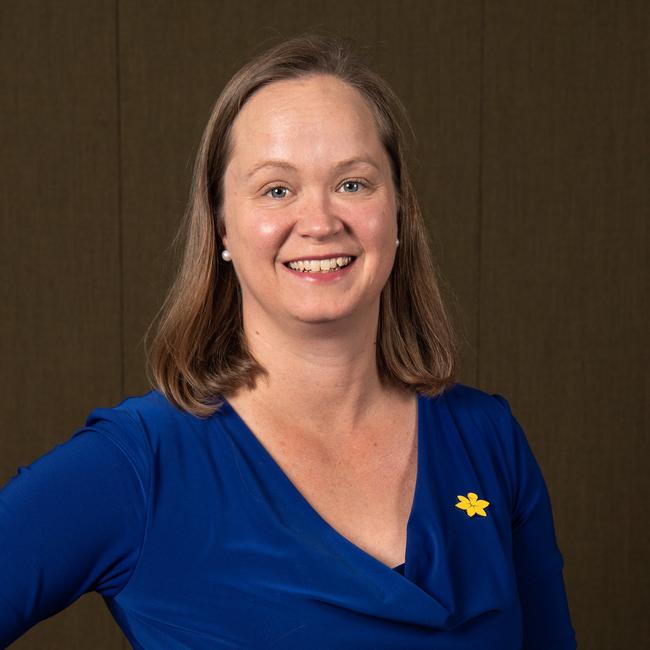
“Although some cancers can occur due to factors out of our control, we know that almost half of Australia’s cancer burden could be prevented through modifiable lifestyle changes,” she says.
“Research shows that around 90 per cent of preventable cancers can be attributed to five key risk factors – tobacco smoking, exposure to UV radiation, a high body mass index (BMI), poor diet and alcohol consumption.”
Worryingly, misinformation about cancer causes some people to ignore taking preventive measures in day-to-day life as well as delays in seeking treatment.
“That’s why we encourage Australians to look to trusted sources of information to make informed and safe choices about their health,” says Davis-McCabe.
“We do not recommend that people delay or replace evidence-based medical care with alternative therapies.”
ADDRESSING THE CAUSE
Karina Lawrence, a dancer, choreographer, co-producer and host of Arts Talk TV from Sydney, was diagnosed with breast cancer in 2012 and lost her mother to cancer last year.
“From both my own cancer experience and supporting my mum through her journey, I would certainly agree that we are very much misinformed about cancer,” she says.
Everyone who receives a cancer diagnosis at some point asks, “Why me?” and worries about lifestyle choices they’ve made in the past.
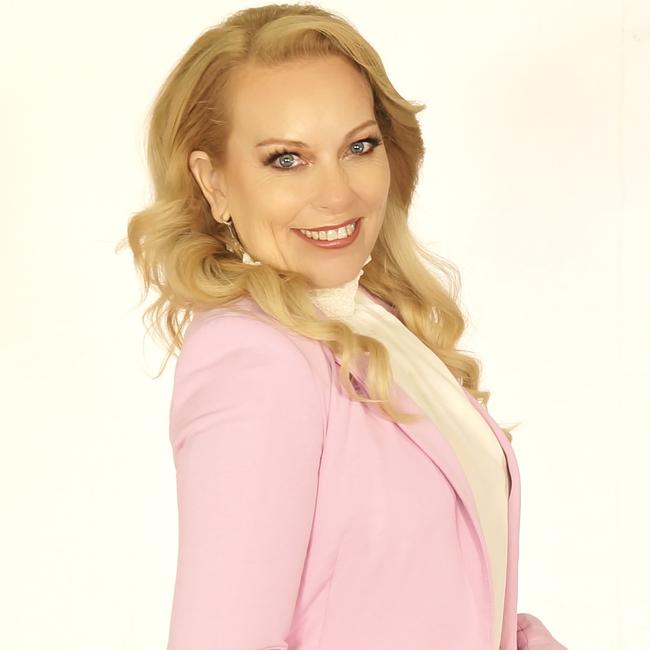
Before her diagnosis, Lawrence had been working on healing the past wounds of sexual abuse as a child, and she worries that this, along with worry, fear, regrets and unprocessed emotions may have contributed to her illness.
“I looked into trying to understand why I had this diagnosis, to try and work out how I could get rid of it,” says the 49-year-old.
“So I assessed many different areas of my life, particularly anything toxic.”
Lawrence revised her use of household cleaning and beauty products and changed her diet.
“Perhaps addressing the cause or awareness through prevention may assist in the number of cases and people dealing with cancer throughout the world, particularly children,” she says.
Megan Varlow from the Cancer Council says there’s a lot of cancer information available and to test its veracity, it can be helpful to think about some key questions like:
● Does it sound too good to be true? If so, it
probably is.
● Does it dismiss evidence-based approaches or treatments that we know are safe and effective?
● Is it from a reputable source?
● Is it promoting or selling something?
● Has the information been reviewed by experts with qualifications specifically related to cancer?
More Coverage
Originally published as Managing cancer risk: How to tell misinformation from the truth




